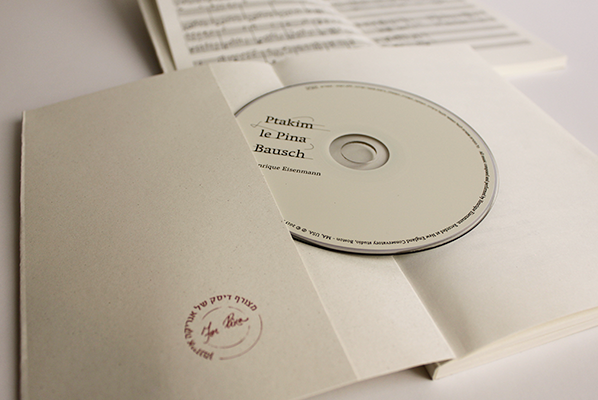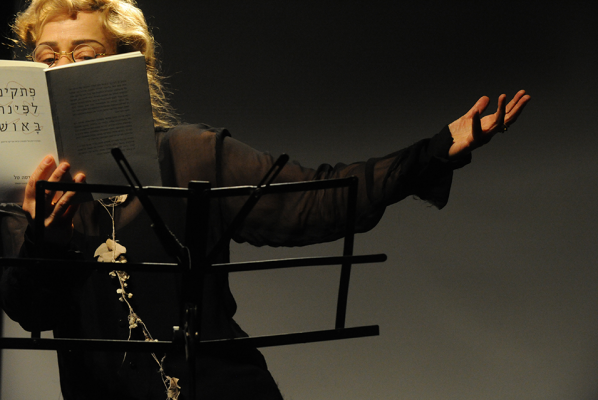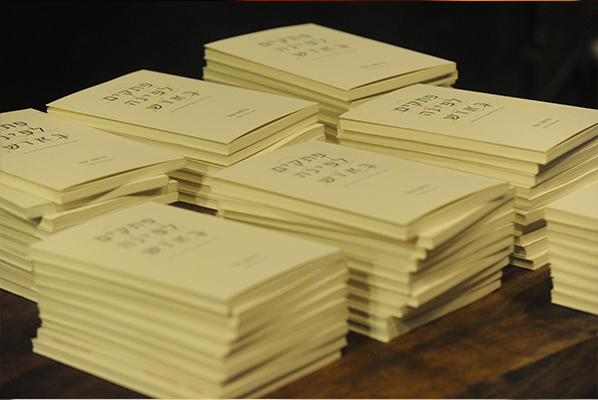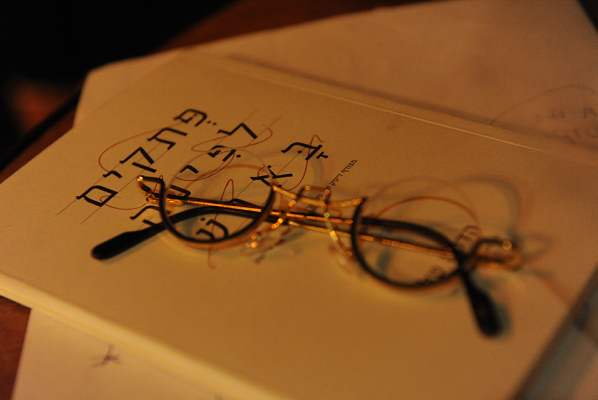“Music is not separated from the world; it can help us forget and understand ourselves simultaneously.” - Daniel Barenboim
In 2010, I traveled to Caracas, Venezuela with the West Eastern Divan Orchestra – an ensemble comprised of Israeli and Arab musicians – to play a series of side-by-side concerts with the Simon Bolivar Symphony Orchestra. The ensemble was excited to experience the El Sistema movement first hand and connect with young musicians who share a similar commitment to music as an agent for social change. We arrived early in the morning and were quickly shuttled to the community center where the orchestra rehearses. The agenda for the morning was to play for each other – orchestra to orchestra. We had just finished three weeks of intense rehearsal, preparing repertoire for the South American tour, and engaging in political and personal dialogue. We both played for one another, and the room was simultaneously silent and full of sound and joy. It was as if a mirror was placed before us. For the first time we could feel what our audiences experience – a raw, expressive, and intentional performance, shared by young artists from across the harshest divides. Tears flowed, hugs were shared, and even though we could not communicate verbally, members of both groups felt understood, seen and deeply connected. This experience brought to life a feeling that I have carried with me since childhood – that music has the power to transcend difference, to soften hatred, and build connections that we are so starved for in a fast-paced, individualistic world.
Growing up in Israel, I was exposed very early on to war and hatred. At the age of 7 I began studying violin, and quickly understood that music has the power to soften people. I realized that music could also soften the conflict by creating bridges across borders and between human hearts. Since that time, I have pursued musical training and experiences that can help me bring that vision into the world. During my compulsory army service in Israel, I created a program through the “Outstanding Musician Unit” for chamber ensembles to travel to hospitals throughout the country to play for Jewish and Arab Israeli children, bringing them together at a vulnerable time in their lives.
After my army service, I relocated to Boston in order to pursue my career as a professional violinist. While at NEC, I was an extremely active chamber musician, performing regularly in Jordan Hall with diverse ensembles. I also pursued performing and teaching opportunities outside of school, working through Discovery Ensemble’s educational department to lead workshops in public schools throughout Greater Boston. Since graduating, teaching artistry has become a more central part of my career. I am on faculty at the Rivers School Conservatory and the Concord Conservatory of Music, where I teach and coach kids of all ages and backgrounds.





